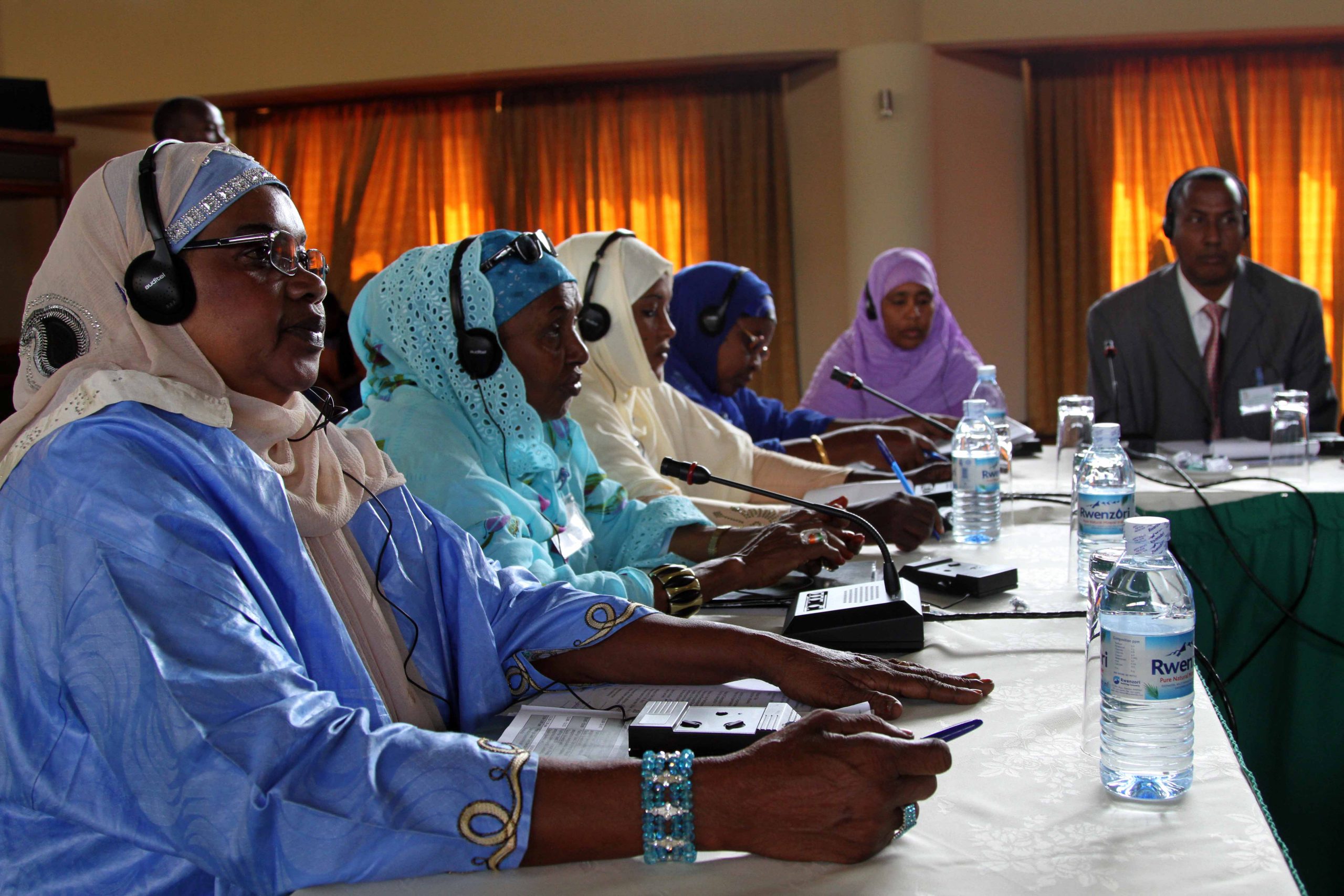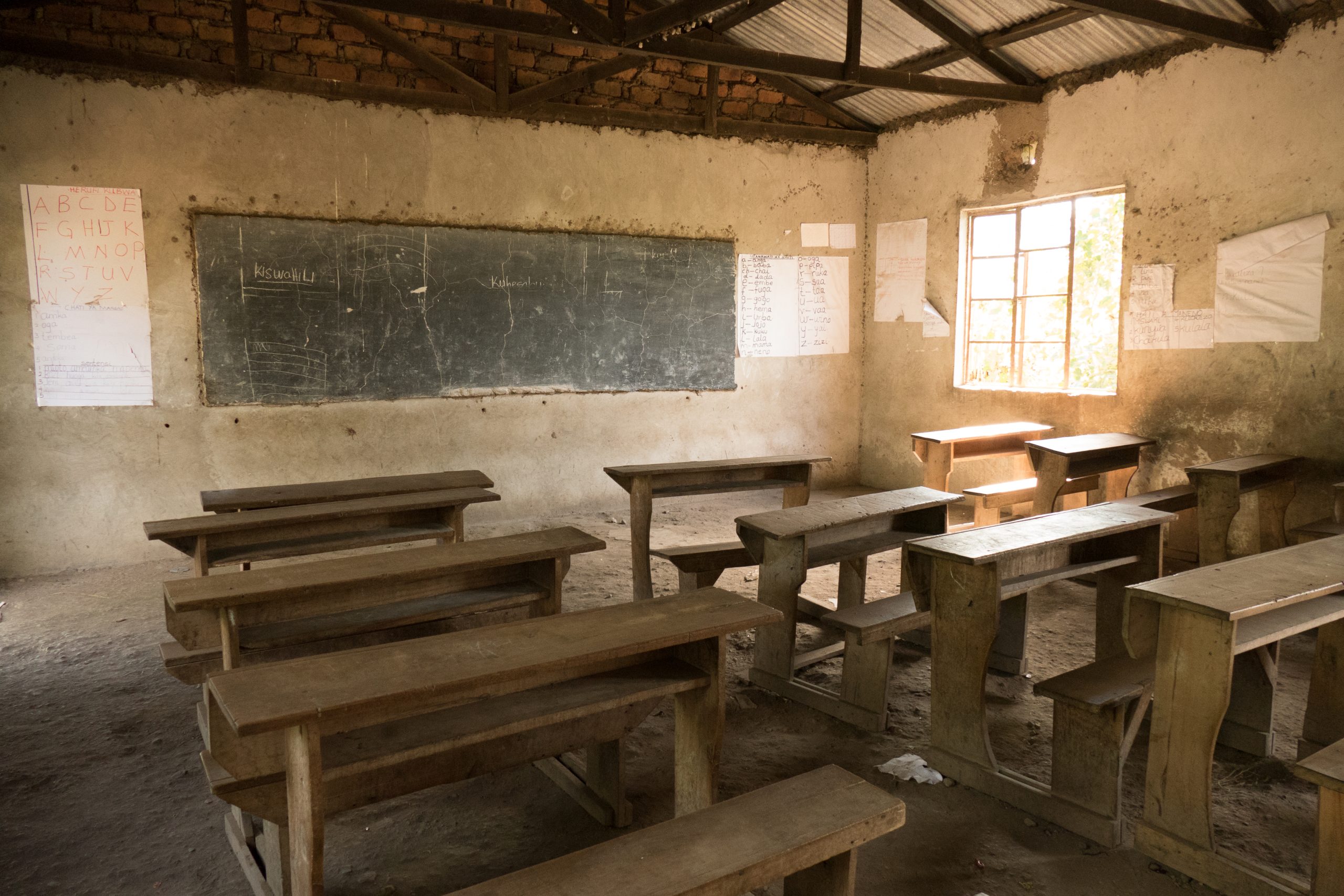Uganda’s state of political transformation is limited due to President Yoweri Museveni’s prolonged rule of over three decades. The erosion of human rights and freedom is evident through stringent laws, stifling opposition and targeting independent civil society organizations. The succession scenario remains uncertain as General Muhoozi Kainerugaba, legally barred from political participation as an army officer, aspires to succeed his father, who has not signaled any intention to step down.
While Uganda’s macroeconomic outlook appears stable, the overall economic performance is precarious. Despite a commitment to free markets and economic openness, Uganda has experienced only modest GDP growth, failing to bring about substantial socioeconomic transformation. Rising income and wealth inequality and an increase in both external and domestic debt pose additional challenges to Uganda’s economic landscape.
Despite Uganda’s development plans, the execution of long-term strategies for transformation has been unsatisfactory, raising concerns about governance effectiveness. Driven by the pursuit of power and regime survival, President Museveni favors short-term tactics over essential long-term development efforts. Corruption and inefficiency in public administration persist, leading to skewed budget allocations that hinder long-term objectives.

